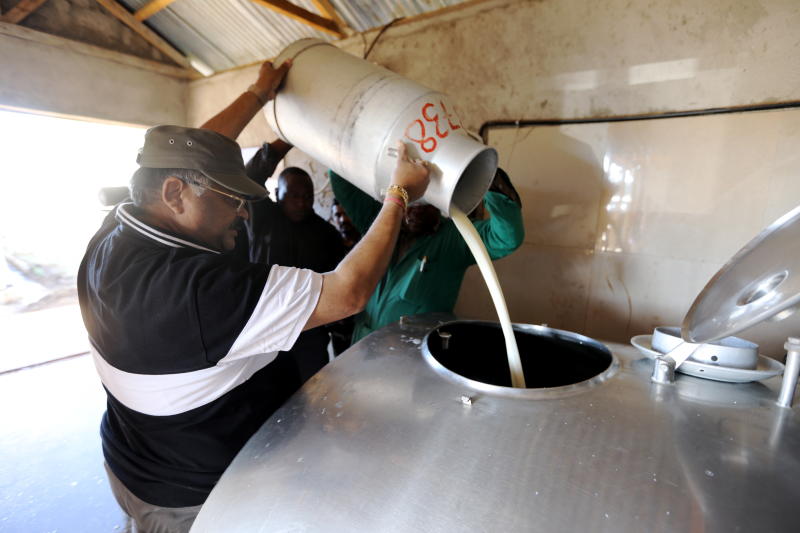×
The Standard e-Paper
Smart Minds Choose Us

When he took a flight from his native home in India in search of a job in Kenya, he never thought that one day, he would fully be assimilated into a community in addition to adopting its tradition of livestock keeping.
Kesses MP Swarup Mishra has perfected his skill in dairy farming two decades after settling in Uasin Gishu County.